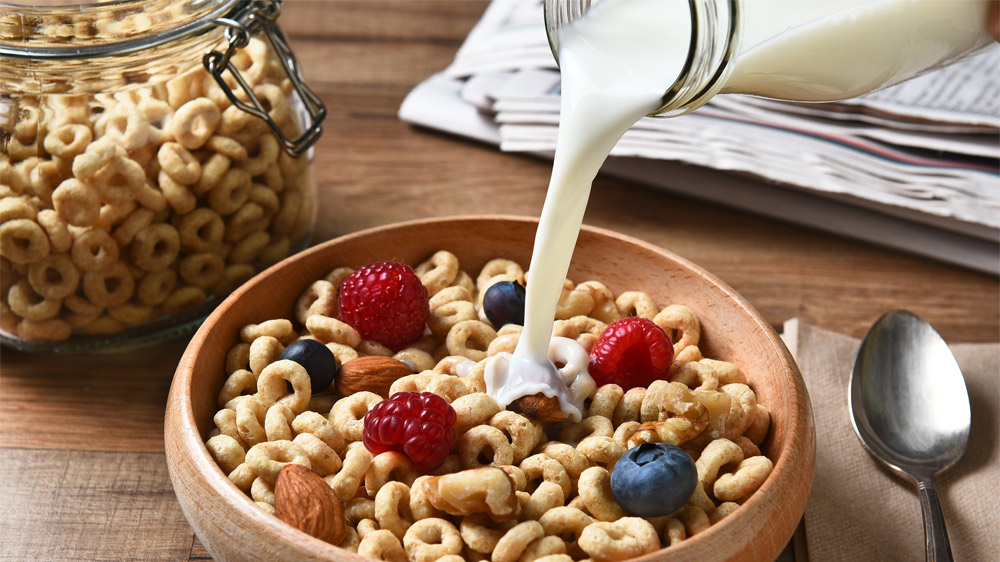Even as Gujarat High Courton Thursday took suo motu cognisance of the health hazard caused by mangoes ripened by calcium carbide, mango traders in the city continue to play havoc with public health. As it often happens in our country, though rules and regulations are in place to check the sale of carbide, a banned substance, lack of strict implementation of the same ensures rogue traders go unpunished.
Mirror investigation reveals that in the past five years, 29,560 kg of carbide-ripened mangoes have been destroyed and 205 kg of carbide seized by Ahmedabad Municipal Corporation. The authorities have also collected Rs 4,69,400 in fine, but not a single trader has been arrested or blacklisted despite violating the rules repeatedly.
The Food Safety (Prohibition and Restriction in Sale) Regulations, 2011, bans sale of fruits ripened by acetylene gas or Calcium Carbide, which has carcinogenic properties. Available easily in the market for Rs 3 per sachet, this welding agent can adversely affect the nervous system and also cause gastric problems. Besides, AMC says it is impossible for laboratories to confirm the presence of calcium carbide in the seized mangoes. The acetylene gas formed by exposure of calcium carbide with moisture is what induces artificial ripening. Since it is a volatile gas, its residue cannot be traced from mangoes.
AMC health department raided 25 shops in Kalupur market on Thursday and sealed two shops that sold carbide-ripened mangoes; they destroyed 400 kg of mangoes and seized 4 kg carbide. More than10,000 kg of mangoes in places across Gujarat have been seized and destroyed and 19 vendors from Ahmedabad alone found guilty of using carbide, said Dr HG Koshia, Commissioner, Food and Drug Control Administration of Gujarat. "Since calcium carbide is an industrial substance not meant for food consumption, criminal proceedings can be initiated against the accused under the Public Health Act, said Dr HGKoshia, Com missioner, Food and Drug Control Administration of Gujarat. But here is the catch. "While such vendors are liable to be booked under the Food Safety Act which could invite a fine of up to Rs 10 lakh and two years of imprisonment, it is difficult for us to prove who is responsible for placing the seized carbide sachet in the mango boxes. So, no body has been prosecuted or convicted so far. Also, it is also impossible to detect carbide in the mangoes," said Bhavin Solanki, in-charge health officer, AMC.
Shyam Rohra, president of Fruit Wholesale Merchant Association, says it is even more difficult to prosecute someone if the traders have thrown away the carbide pouches from mango boxes after the mangoes have ripened."How do you know whether the farmer put it or the wholesaler or the retailer?" he said. Elaborating on the health hazard of consuming carbide-ripened mangoes, Anindita Mehta, laboratory director, Consumer Education and Research Centre, said, "Acetylene gas pro duced due to the carbide can adversely affect the nervous system and lead to reduced supply of oxygen to blood, mood disturbances and mental confusion, and drowsiness.
"Excess amount of it can also lead to amnesia or paralysis. Unwashed mangoes, if consumed, can lead to skin and stomach ulcers."






